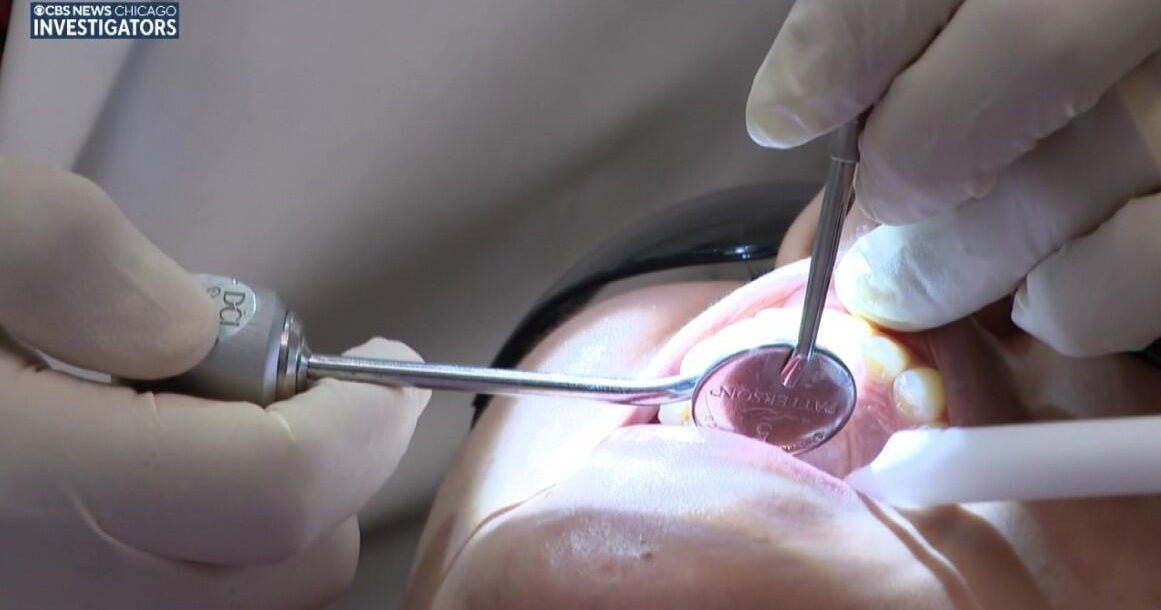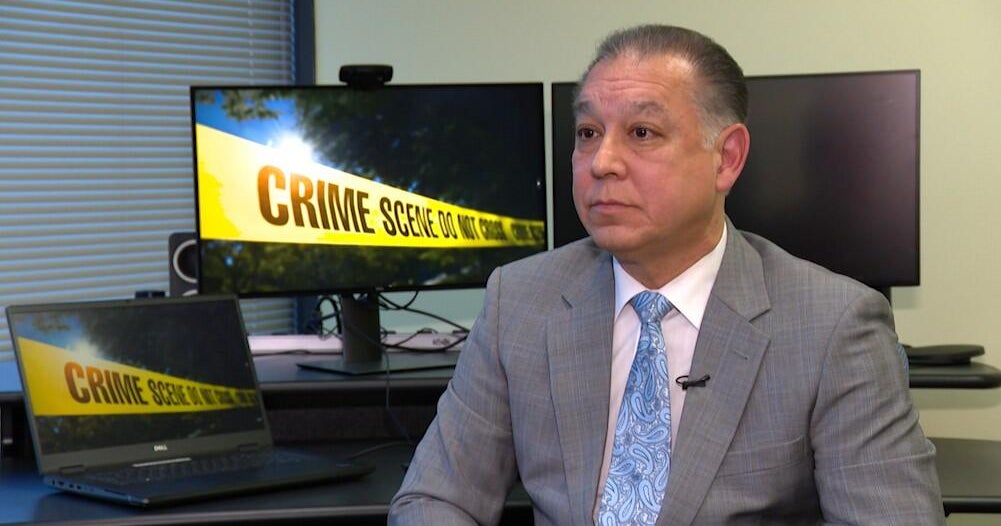MIA Becomes Test Site For New Express TSA Screening Program
MIAMI (CBS4) – Miami International Airport is one of four sites that will be testing a new pre-screening program that will allow for certain travelers to receive expedited service at TSA checkpoints, the Transportation Security Administration said.
The Transportation Security Administration said Thursday it will test a program to pre-screen a small group of select air travelers who volunteer more personal information about themselves so they can be vetted to get faster screening at airport checkpoints.
CBS4's Silva Harapetian spoke with frequent flyer Sull Hadalgo at Miami International Airport. Hadalgo said it's worth it.
"I agree 100 percent because I need to go faster all the time," Hadalgo said.
The new program represents the Obama administration's first attempt at a more risk-based, intelligence-driven passenger screening program that could respond to travelers' complaints that the government is not using common sense when it screens all passengers at airports in the same manner.
The change comes amid a typically busy summer travel season and on the heels of a public outcry over TSA agents giving enhanced pat-downs to children and the elderly -- people who ostensibly pose no security threat.
The test program was expected to begin sometime this fall. It applies only to a small number of frequent travelers who are U.S. citizens. The TSA said it anticipates that between 5,000 and 8,000 travelers will participate in the trial.
But not everyone is on board 100 percent.
"It depends on what (personal information) it is," traveler Tammy Busby said. "Some thing you don't mind sharing."
TSA Administrator John Pistole said passengers will have the option to opt out of the process.
"If somebody doesn't want to share that information however basic it may be…that's fine," he said. "They can go through the normal screening process."
Specifically, the pilot program covers selected travelers enrolled in Delta Air Lines' frequent-flier program or three other government-trusted traveler programs -- known as Global Entry, NEXUS and SENTRI -- involving people who travel regularly through Hartsfield-Jackson Atlanta International and Detroit Metropolitan Wayne County airports; and travelers enrolled in American Airlines' frequent-flier program, or the three other government programs, who travel regularly through Miami International and Dallas-Fort Worth International airports. There is no cost to participate in the test program.
"These improvements will enable our officers to focus their efforts on higher risk areas," said Pistole.
This pre-screening pilot test would be on top of the existing pre-screening for all passengers who travel to, from or within the U.S. Currently these travelers must provide their full names as they appear on their government identifications, as well as their birthdates and gender. This allows the government to compare passenger manifests with government databases to spot possible terrorists before they board a plane, and in some cases, before they arrive at the airport. Frequent-flier programs include more than those three identification fields. For instance, personal information provided in Delta's frequent-flier program includes the traveler's home address, email address or phone number, and preferred language.
For security reasons, the TSA will not say what specific screening measures travelers who participate in the test might avoid at airports. And participation in the program in no way exempts the travelers from any security measure, the agency said.
Amid strong criticism for months, Pistole has said that his agency must find smarter ways to perform risk-based screening based on intelligence and move away from a one-size-fits-all plan so that screeners can focus on travelers the government knows the least about.
But Pistole also wants to manage the expectations of the traveling public.
"It's a complex issue, and so I want to basically under-promise and over-deliver," Pistole told senators last month.
The airlines and the Customs and Border Protection agency, which runs the three government-trusted traveler programs included in the trial, will contact the eligible travelers to ask them whether they would participate in the program, the TSA said. If the traveler agrees, information the traveler provided to the airline through the frequent-flier program would be shared with the government to do enhanced security vetting.
The TSA briefed airlines and others in the aviation industry on Thursday about the test program.
The agency plans to eventually expand the test program to United Airlines, Southwest Airlines, JetBlue, US Airways, and Alaska and Hawaiian airlines at other airports.
(©2011 CBS Local Media, a division of CBS Radio Inc. All rights reserved. This material may not be published, broadcast, rewritten, or redistributed. The Associated Press contributed to this report.)







